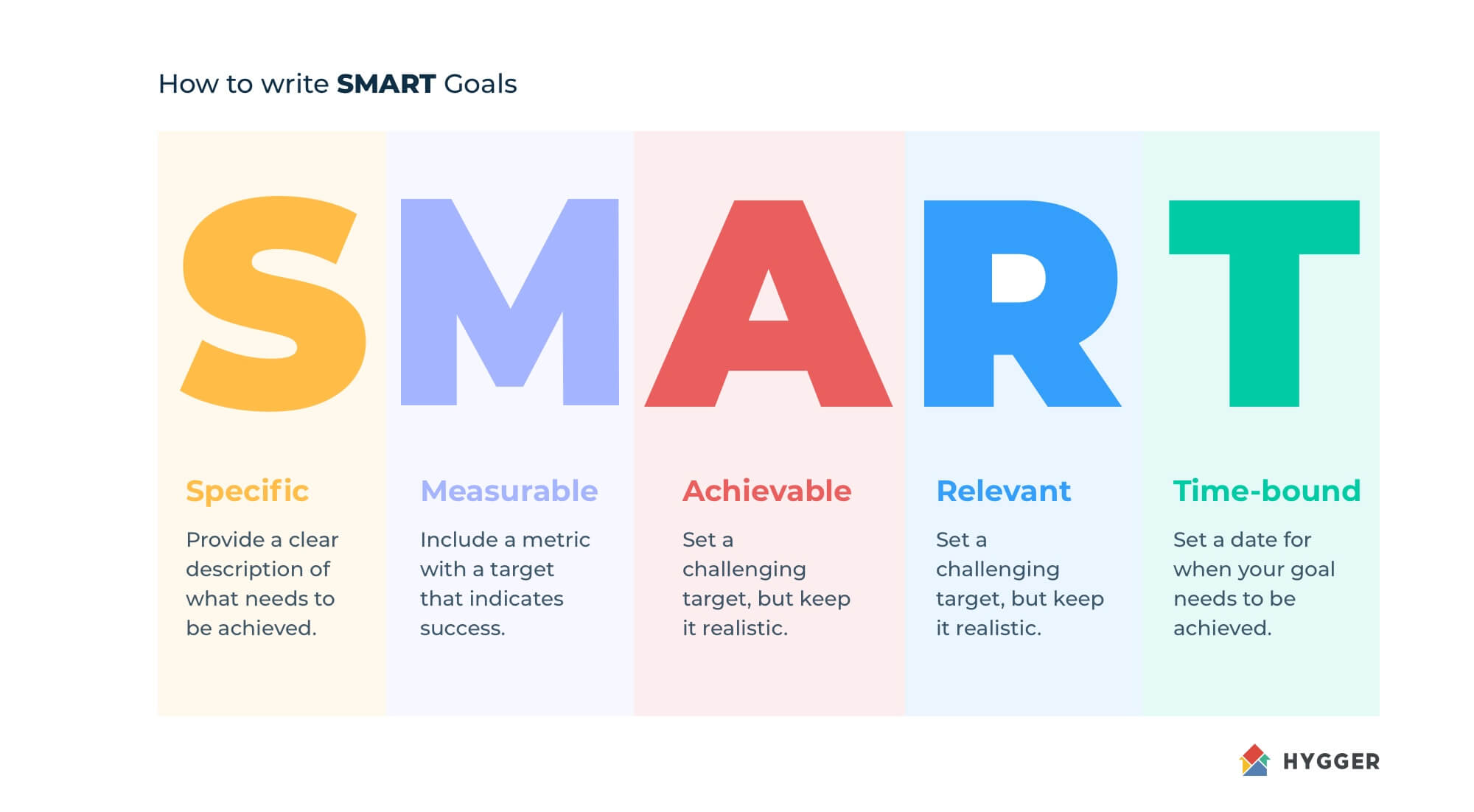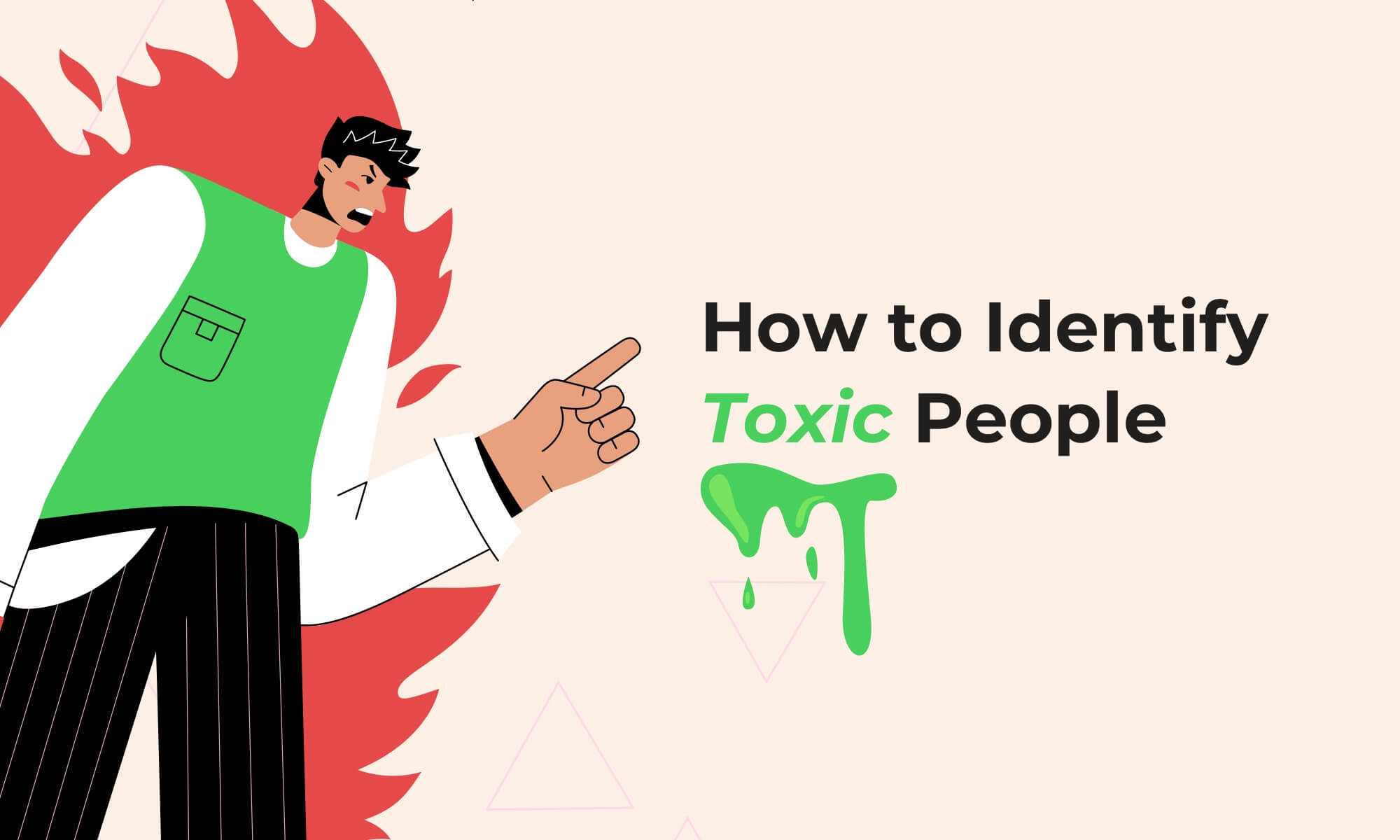Positive and Negative Effects of Procrastination at Work

Procrastination haunts each of us. We used to think that the habit of procrastination is bad because it steals dreams and destroys lives.
Some people are lucky enough to identify this habit in time and still do something about it. However, there are positive sides as well. In this article, we discover some obvious bad and good points to ponder about procrastination.
Procrastination is a habit and it may guarantee negative effects for work and life. Your mental health is also under threat If you do not deal with procrastination effectively.
Why do people procrastinate?
According to the latest research, more than 20% of people are “chronic procrastinators”. Think of how many people among your acquaintances who always put off until tomorrow what they can do today.
The reason we procrastinate cannot be always obvious. Depending on a situation, it can be fear of failure to passive aggression that states that no one is going to tell them what to do. It leads to the loss of expectations and needs that can result as the end of a job.
Procrastination often makes us miss great opportunities. We take temporary enjoyment we get from procrastination, avoiding things we do not like. Pleasure is typically short-termed but it can lead to pain and disappointment in the end.
Negative Effects of Procrastination
So, what are the crucial effects and negative sides of procrastination? Here’re some of them:
1. Lose of precious time
The time you have wasted procrastinating may cost you a big price. The bad news is realizing the moment that you are you are 5 or 10 years older but nothing has changed.
This terrible feeling will most likely lead you to depression and searching the answer to the questions: How to optimize time and how to increase productivity?
You can not turn back the hands of time, you just have to live with regret. You deserve what you desire, so do not admit that.
2. Gone opportunities
Every person has opportunities that have been wasted because he/she did not take advantage of them when they were relevant.
A particular opportunity could change your life but you missed out on it. And the cruel truth is that most opportunities only come once. The second chance is for real lucky beggar.
3. Block for meeting goals
Procrastination may come on when we empower the thought of goals or want to change something.
Theoretically, you may have a strong desire to change everything around but you just cannot take the first step forward.
Well-defined goals improve our lives in some way and when you don’t care about them because of procrastination, you destroy the possibility to better your life.
Try to understand the roots of your procrastination and use the SMART goals concept that is really helpful.

4. Ruined career
The way you work affects your business results.
If procrastination prevents you from meeting deadlines or achieving your set goals, you have an unpleasant chance to lose your job. Even if you hide it for a while, don’t doubt that long-term procrastination at work will finally ruin your career.
5. Decreased self-esteem
Sometimes procrastination may happen because of low self-esteem. Procrastination eats away confidence and people start to doubt and have questions about what is wrong with them.
Low self-esteem can destroy lives and careers in many ways. People hold themselves back and feel less than they should which leads to self-sabotaging acts.
6. Poor decisions
Decisions will always be weak when you procrastinate. You make decisions according to criteria that most likely wouldn’t happen if you didn’t procrastinate.
Your emotions also influence decisions and procrastination affects how you feel to a large degree.
7. Doubtful reputation
It’s obvious: your reputation will be inevitably tarnishing if you keep saying you will do something and you don’t.
Moreover, in this case, your self-esteem and self-confidence will also be damaged and you will finally lose people’s trust. Remember that a bad reputation has various negative effects.
Are there positive moments about procrastination?
Positive Effects of Procrastination

1. Procrastination helps to learn how to manage delays
This statement is known from ancient times. Actually, there’s a clear difference between active and passive procrastination. The first one can be considered good and the second is a bad category.
2. Procrastination provides you with the opportunity to reflect on what is most important
You may use procrastination to think about what matters most.
Spend your time thinking through some things so that your mind can clear and you will discover the keys to important issues.
3. Procrastination may sometimes lead to much better decisions
Often rushing in to deal with some tasks in your daily to-do list doesn’t mean they’ll be done well or provide any meaningful satisfaction. By procrastinating, your decision may be better informed as a result.
4. Procrastination may be good for your ability to prioritize
It’s rather logical: when you’re putting off things, procrastination helps you to prioritize better.
And as we know, effective prioritization is helpful to get rid of unnecessary tasks you might have begun that were not worth your time.
5. Procrastinating, we can get other things done on our to-do list
Our to-do lists periodically include complicated and time-consuming tasks, not something we want to dive into. We realize that we’ll have to deal with them eventually but tending to the half dozen small items on the list allows us to get a lot done, feel a sense of accomplishment and be more productive.
6. Procrastination speed up minds to process
Even if you are not thinking of what is on your task list, your subconscious is. It can lead to a creative solution to the tasks you’ve put off doing.
Conclusion
Procrastination may seem like seeking pleasure and avoiding pain at first sight. However, its consequences may be more painful if you do not take steps to avoid procrastination.
Change your attitude to the work you have to do. Your tasks will not disappear but mindful motivation will push you through the most tedious ones.



